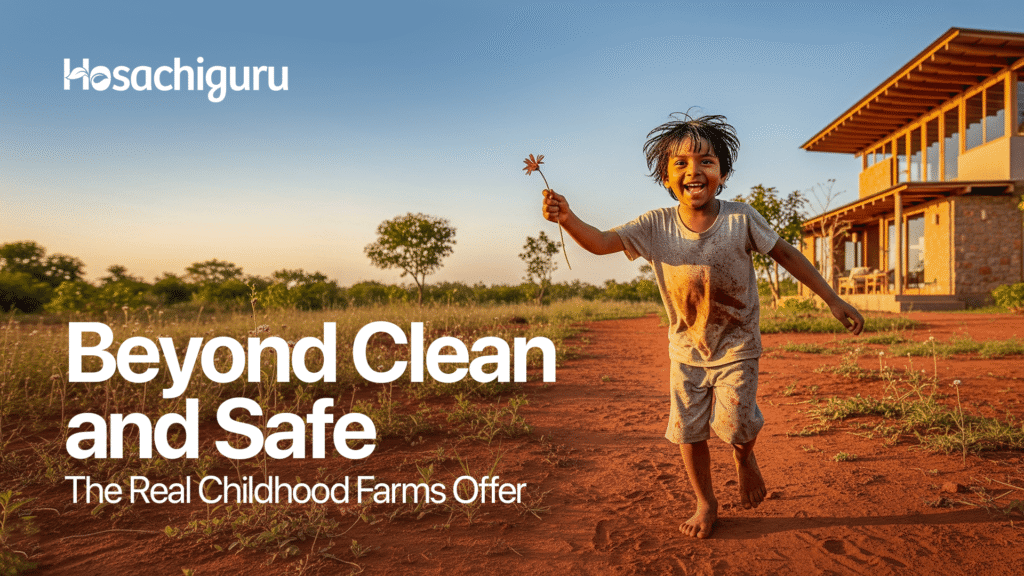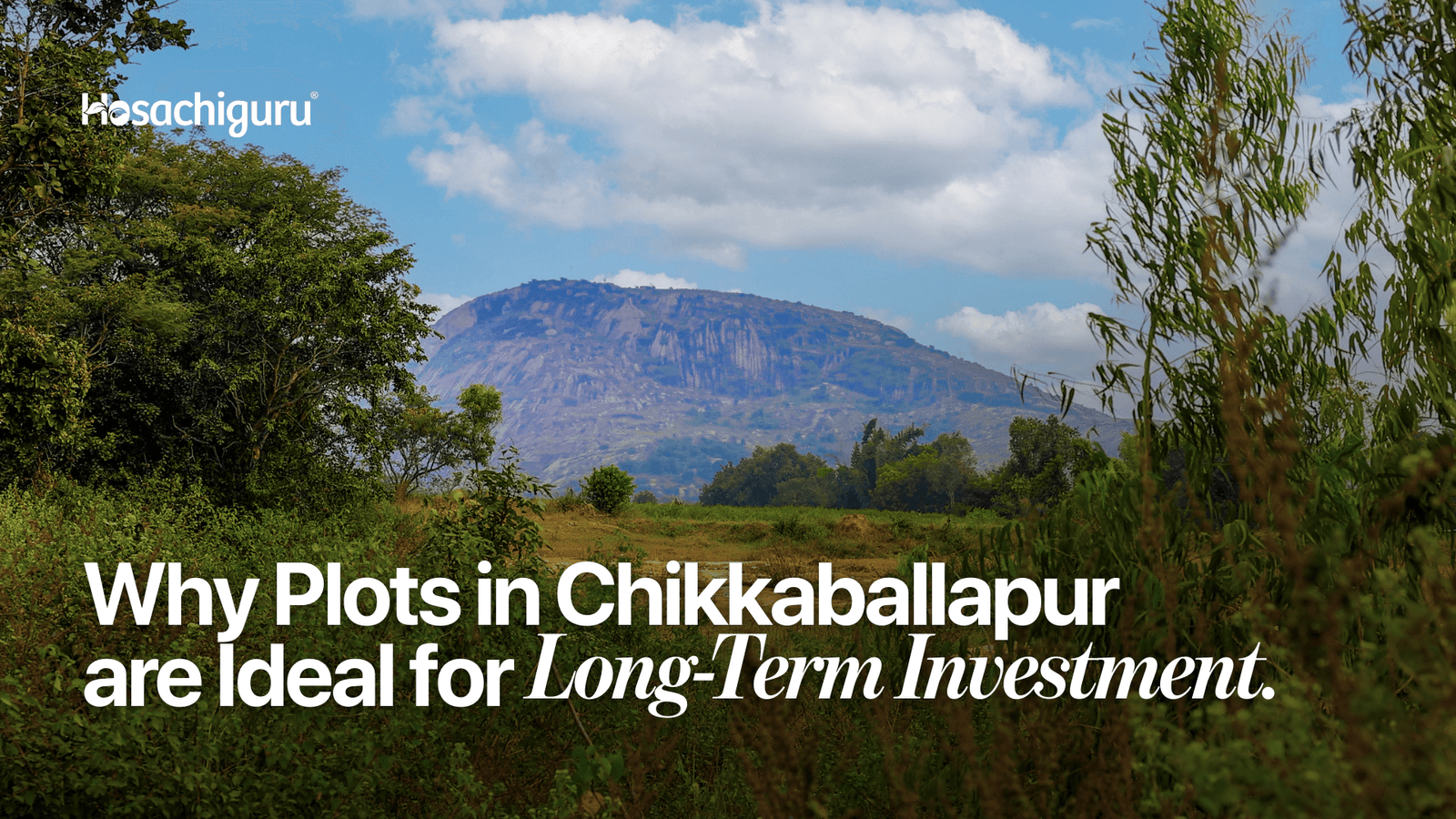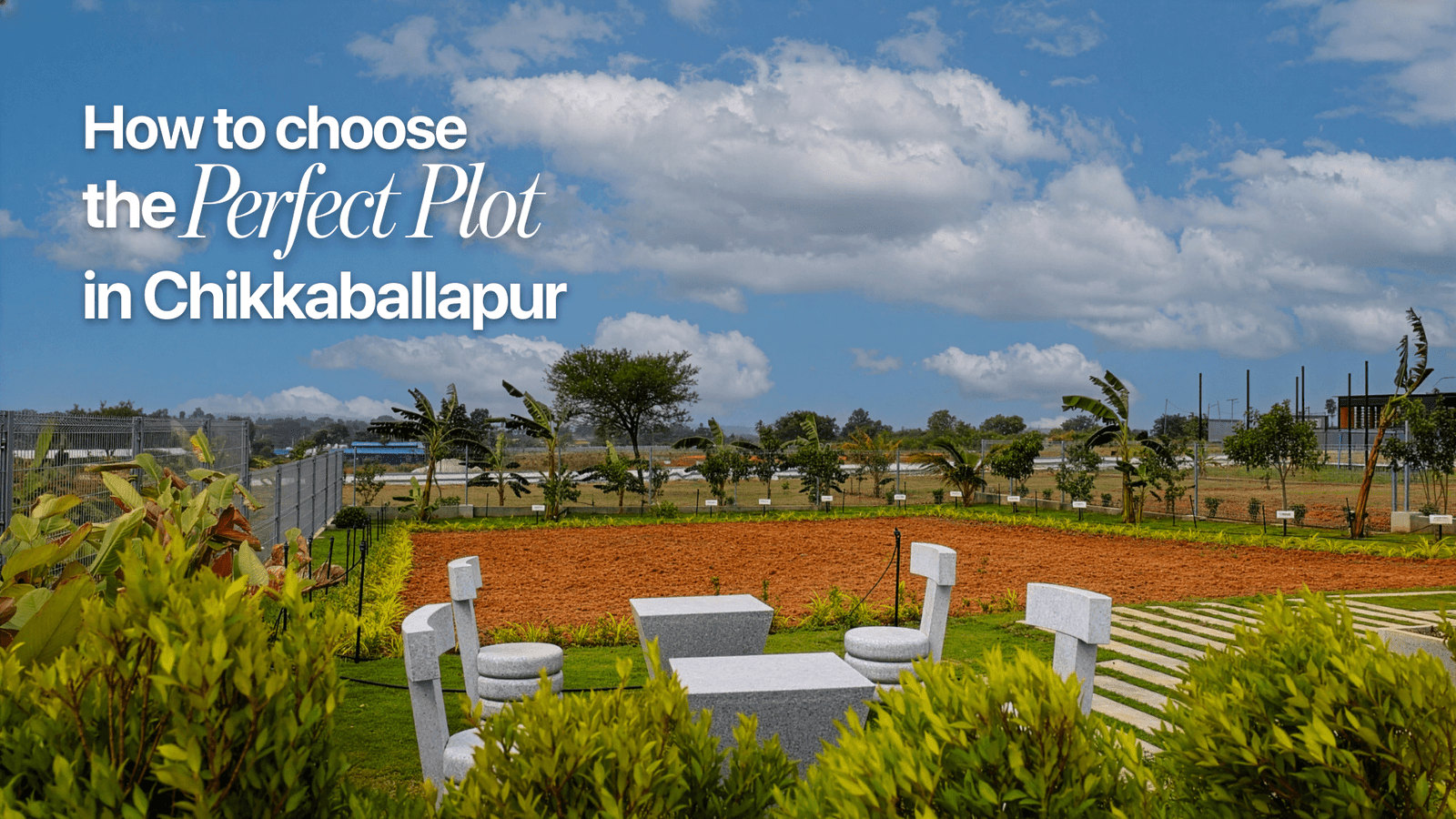Read Time: 4 mins
Beyond Clean and Safe: The Real Childhood Farms Offer
Let them get dirty, it’s character development. Promise.
There was a time when the phrase “kids these days” meant scraped knees, muddy hands, and skinned elbows from climbing trees too tall and running through grass too high. Now, it seems to mean WiFi passwords and screen-time schedules.
But the truth is, childhood hasn’t changed—just the setting has. And the farm, with its wide sky and mess and magic, still remains the best classroom a child could ask for. No fees, no apps, just life unfolding the way it was meant to.
Today, many families are rediscovering this truth through managed farmlands—spaces where nature, food, and childhood are allowed to co-exist. Not just as weekend getaways, but as living, breathing places that restore what fast-paced life quietly erodes.
Real Learning Doesn’t Come Pre-Printed
On a farm, time doesn’t move with the swipe of a finger. Nothing refreshes at the speed of your scrolling. Everything takes time, real time. Seeds take weeks to sprout, and even longer to thrive. The sun rises slowly, the rains come when they choose, and the soil teaches you that not everything listens to you. And thank goodness for that.
Because in this slow, deliberate pace, children learn the first thing they’re likely to forget in modern life: they’re not the center of the universe. And yet, everything they do still matters. If they forget to water a plant, it withers. If they put in the work, it grows.
That’s the thing about farmland, it doesn’t praise you, it doesn’t punish you, it just reflects you. Day after day, it shows you the result of your effort. And a child who learns that early learns one of life’s most essential truths: nothing worth having comes instantly, and that’s what makes it worth having.
Character Isn’t Built, It’s Cultivated
There are a hundred little things a farm child might do in a day—pull weeds, carry buckets, sweep, stack, dig. They’re not glamorous tasks. You won’t find them posted in Instagram-worthy reels with orchestral music behind. But they’re exactly the kind of ordinary, repeated responsibilities that begin to shape extraordinary adults.
Why? Because they teach consistency. They teach that showing up matters. Whether or not you feel like it, the day still needs tending to. There are no “skip” buttons in farm life, no “remind me later.”
You learn to pay attention. You learn to notice—the smell of rain before it arrives, the change in the wind, the shift in light. These aren’t just sensory delights, they’re tools. And a child with tools grows up to be a person who can navigate the world with a sense of inner steadiness.
In thoughtfully designed managed farmlands, where natural systems are nurtured through organic and sustainable practices, these lessons become part of the child’s daily rhythm. They’re not learning from screens or synthetic environments, they’re learning from living soil, from real cycles, from care that goes beyond convenience.
The Myth of Clean Childhoods
Somewhere along the way, we were sold the idea that clean is the same as safe. That a proper childhood comes with sanitized toys and structured play. We forgot what anyone who’s lived on a farm knows by heart: real childhood is messy.
It involves mud between toes, bruises from climbing something they probably shouldn’t have, and bug bites in places you didn’t know bugs could reach. And guess what? It’s good for them. Children on farms don’t ask whether something will stain their clothes—they dive in, figure it out, and deal with it later. That’s not recklessness. That’s freedom. And more than that, it’s immunity.
Scientific studies now confirm what generations of farm kids already knew without reading a single peer-reviewed article: dirt is good for the body. Exposure to soil strengthens immunity, reduces allergies, and helps build resistance. But even more than what it does for the body, the farm does something for the spirit.
It teaches that it’s okay to fall, and okay to get back up without making a performance of it. A scraped knee isn’t an emergency; it’s a reminder that you tried. That you were out in the world doing something that mattered more than comfort.
Let Them Roam—They’ll Find Themselves
The modern child is often told to sit still. Stay inside. Don’t go too far. But the farm says the opposite. It stretches its arms and tells the child, go ahead—run. And so they do.
They learn to chase things, not because they need to win, but because it feels good to move. They climb trees not to prove something, but because the view is different up there. They learn silence—not the scolded kind, but the sacred kind. The kind where you sit and listen to the hum of life around you and realize that not everything has to be loud to matter.
And without ever saying the word, they begin to understand what freedom actually feels like. Not the freedom of doing anything, but the freedom of being—being curious, being quiet, being fully, wildly, joyfully themselves.
In a managed natural space, where ecosystems are preserved and not bulldozed into flat lawns, children encounter nature in its true form—sometimes messy, always meaningful.
More Than a Childhood—A Compass for Life
There are people who grow up never knowing where their food comes from, never having touched the soil that feeds them. And then there are those who grow up with earth under their fingernails and stories hidden in the rustle of every tree.
The difference isn’t just sentimental. It’s fundamental.
Children raised on farms carry with them a compass the world can’t easily shake. They’re less likely to be fooled by appearances. More likely to endure when things get tough. They understand that everything moves in seasons—that no winter lasts forever, and that with effort, spring always comes.
They don’t need to be told to be resilient. They already are.
Let the Children Get Dirty
There’s nothing glamorous about farm life. No spotlight, no soundtrack. But it is rich. Deeply, profoundly rich—in lessons, in love, in truth. A richness that doesn’t fade with age but deepens.
And in a world that’s constantly trying to clean up childhood, to confine it, to make it marketable, it’s worth saying this out loud: Let the children get dirty. Let them fall and play and ache and wonder. Let them be wild. Let them belong to something real.
Because a childhood shaped by the land doesn’t just grow good kids. It grows good people.
A Life Close to the Soil—with Hosachiguru
At Hosachiguru, we believe in restoring this connection, not just for children, but for families. Through our managed farmlands, rooted in organic and sustainable living, we offer more than land—we offer space to breathe, learn, fall, and grow.
The wild, unfiltered and unforgettable childhood? Still waiting—at Hosachiguru.

 11 Aug 2025
11 Aug 2025  7 Min
7 Min


